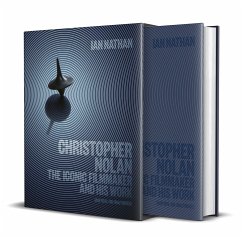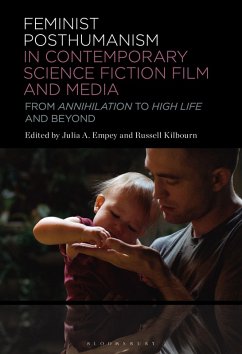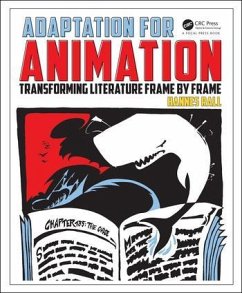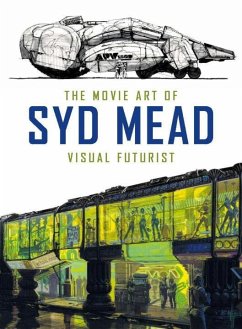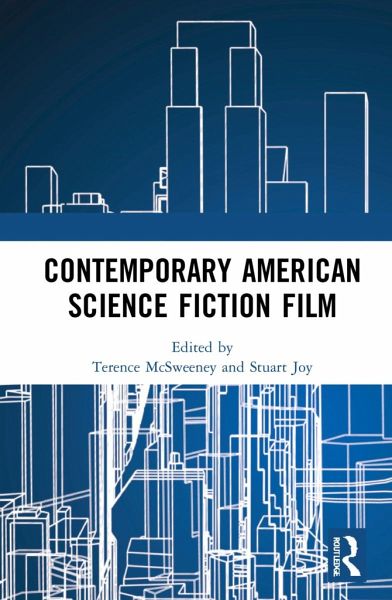
Contemporary American Science Fiction Film
Versandkostenfrei!
Versandfertig in 6-10 Tagen
137,99 €
inkl. MwSt.

PAYBACK Punkte
69 °P sammeln!
Contemporary American Science Fiction Film explores and interrogates a diverse variety of popular and culturally relevant American science fiction films made in the first two decades of the new millennium, offering a ground-breaking investigation of the impactful role of genre cinema in the modern era.Placing one of the most popular and culturally resonant American film genres broadly within its rich social, historical, industrial, and political context, the book interrogates some of the defining critical debates of the era via an in-depth analysis of a range of important films. An internation...
Contemporary American Science Fiction Film explores and interrogates a diverse variety of popular and culturally relevant American science fiction films made in the first two decades of the new millennium, offering a ground-breaking investigation of the impactful role of genre cinema in the modern era.
Placing one of the most popular and culturally resonant American film genres broadly within its rich social, historical, industrial, and political context, the book interrogates some of the defining critical debates of the era via an in-depth analysis of a range of important films. An international team of authors draw on case studies from across the science fiction genre to examine what these films can tell us about the time period, how the films themselves connect to the social and political context, how the fears and anxieties they portray resonate beyond the screen, and how the genre responds to the shifting coordinates of the Hollywood film industry.
Offeringnew insights and perspectives on the cinematic science fiction genre, this volume will appeal primarily to scholars and students of film, television, cultural and media studies, as well as anyone interested in science fiction and speculative film.
Placing one of the most popular and culturally resonant American film genres broadly within its rich social, historical, industrial, and political context, the book interrogates some of the defining critical debates of the era via an in-depth analysis of a range of important films. An international team of authors draw on case studies from across the science fiction genre to examine what these films can tell us about the time period, how the films themselves connect to the social and political context, how the fears and anxieties they portray resonate beyond the screen, and how the genre responds to the shifting coordinates of the Hollywood film industry.
Offeringnew insights and perspectives on the cinematic science fiction genre, this volume will appeal primarily to scholars and students of film, television, cultural and media studies, as well as anyone interested in science fiction and speculative film.



